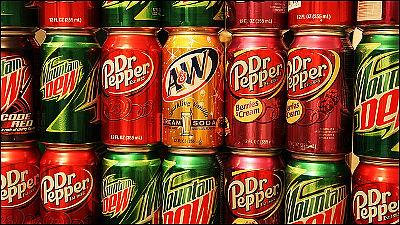It turns out that men who ejaculate 4 to 7 times a week have a 36% lower risk of developing prostate cancer, ``Young men should be careful about the frequency of ejaculation,'' researchers say.

Although
Ejaculation frequency and prostate cancer - Harvard Health
https://www.health.harvard.edu/mens-health/ejaculation_frequency_and_prostate_cancer
A study conducted by a Harvard University research team starting in 1986 on approximately 30,000 male healthcare workers between the ages of 46 and 81 found that young adults in their 20s, midlife in their 40s, and the most recent We collected information on the average number of ejaculations per month. Study participants also provided comprehensive health and lifestyle data to the research team every two years.
The study found no evidence that a higher ejaculation frequency increases the risk of developing prostate cancer; on the contrary, a higher ejaculation frequency was associated with a lower risk of developing prostate cancer.
A comparison of men who reported ejaculating 4 to 7 times a month with men who ejaculated 21 or more times a month found that men who ejaculated more frequently had a higher risk of developing prostate cancer. It was said that it had decreased by about 31%.

An Australian study of approximately 2,300 men investigated the effect of ejaculation frequency on the development of prostate cancer in men under 70. This study, similar to the findings of the Harvard University study, found that Australian men who reported ejaculating frequently had a reduced risk of developing prostate cancer.
A report by an Australian research team found that men who ejaculated an average of 4.6 to 7 times a week were more likely to have prostate cancer before the age of 70 than men who ejaculated less than 2 to 3 times a week. They were approximately 36% less likely to be diagnosed.
Although the research by Harvard University and Australian research teams did not reveal the cause of prostate cancer, it is said to have great medical significance. Additionally, all reports show that high ejaculation frequency during young adulthood in your 20s is associated with a lower risk of developing prostate cancer decades later.
A Harvard University research team urges young men to be more mindful of their ejaculation frequency, as their prostates are developing and maturing, as the frequency of ejaculation in young adulthood has implications for their health decades later.
Related Posts:
in Science, , Posted by log1r_ut







